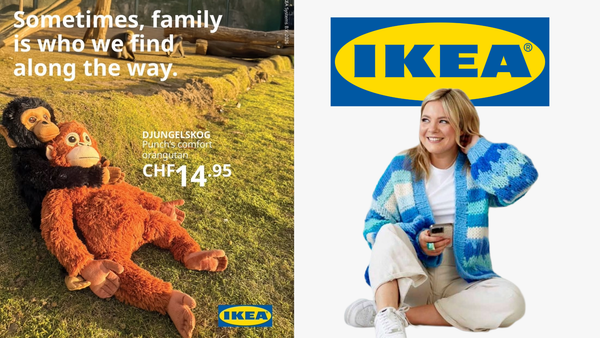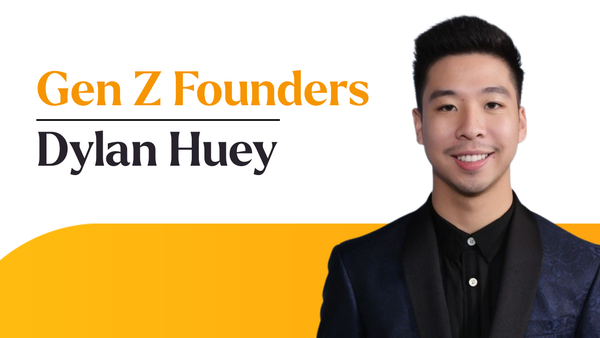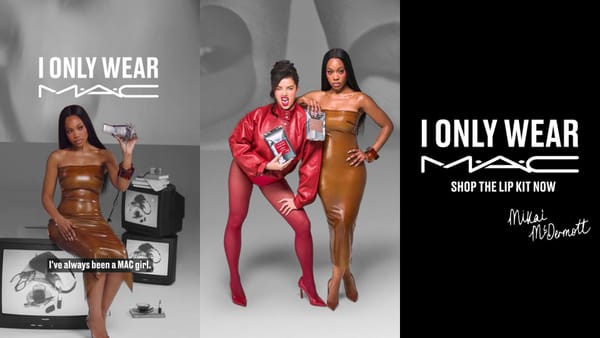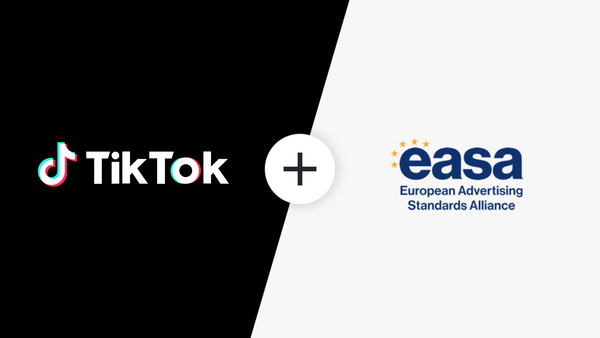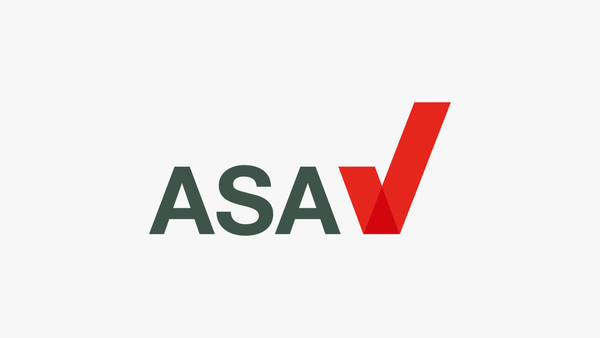What you should know when planning influencer activity in different territories
In the UK and the US, several guides have been published clearly outlining the rules and how to comply accordingly in different markets. A common debacle arises when there isn’t a monetary exchange or formal agreement in place between advertisers and influencers, but perhaps free products or ‘gifting’ are offered in exchange for content. In the UK the regulations are simple ― if a brand has any level of input or editorial control over what an influencer posts ― this constitutes an advertisement and must comply with the local influencer code. Whereas in Russia, authorities pay less attention to private social media accounts, content resulting from a gift, particularly when there are no formal obligations, is less likely to be scrutinised by local authorities.The impact on non-compliance
Globally, influencer marketing falls under the same standards as traditional forms of advertising ― which cover a wide range of prohibitions and regulations. However, extra scrutiny is placed on influencer marketing for misleading and deceptive content. Around the world, regulators are increasing penalties for those who don’t make it clear that a piece of content has a commercial purpose or those who give misleading statements about a brand. Recently a US-based supplement and nutrition brand “Teami’ has faced a mammoth for their influencer campaigns which didn’t properly disclose their paid partnerships as well as deceptively claiming their products could cause rapid and substantial weight loss. The fine was later reduced to $1m but remains an example of the severity regulators are placing on this issue.Who is liable?
Generally, there are three parties who contribute to an influencer marketing post: the influencer, the company and the agencies that broker the agreement. So, when regulations are not met ― who is liable? The answer is all of them. Last year the Swedish Consumer Ombudsman filed a lawsuit against an influencer, who had published advertising posts for a partner company. At the same time, a lawsuit was filed against an agency that had brokered the agreement, but not against the company whose products were being prompted. The complaints were for improper disclosure of advertisement content. Upon closer assessment, it was ruled that the advertising labelling within the content did meet local requirements so in the end the judgement was appealed. On the other side of the coin, the FTC has filed a number of lawsuits for inadequate labelling of posts. These cases saw the companies bear the majority of the heat but the agencies didn’t face scrutiny.What counts as an ad?
Naturally, consumer law and local advertising regulations vary from country to country. Where many people run into difficulty is actually knowing what constitutes an influencer #ad within a certain market and in turn how to be compliant to the local laws. The fact is, there is no ‘one size fits all’ answer here. Different countries have different codes of practice and local research should be done before pushing content live. The table below should help highlight the basic requirements in different territories.Cheatsheet for influencer regulation around the world:
| Market | Local law requires that any and all influencer advertising content must be clearly identified? | Influencer ads should be marked at the beginning of posts with: | Relevant organisations issuing guidelines and regulatory bodies |
| UK | Yes | “Ad”, “Advert”, “Paid partnership” | The Advertising Standards Authority (ASA) The Competition and Markets Authority (CMA) |
| US | Yes | “Ad”, “Advert”, “Paid partnership” | Federal Trade Commission |
| Russia | What constitutes influencer marketing is decided on a case-by-case basis.
Although there are no mandatory wording or positioning requirements, disclaimers should make it clear to consumers that the content in question is an advertisement. |
#направахрекламы
(advertisment) |
Federal Anti-monopoly Service (FAS) |
| Spain | Yes | “#ad” or“ #publicidad” (advertising). | Advertising Code of Conduct published by AUTOCONTROL and The Spanish Advertisers Association (AEA) The National Competition Commission Authority (CNMC) |
| France | Yes | “publicité” (advertising), “sponsorisé par” (sponsored by), “en partenariat avec” (in partnership with). | Observatory of French Advertising Self-Regulatory Organization (ARPP) |
| Germany | Yes | “Werbung” or #werbung
(advertising) |
Chambers of Commerce and Industry.
Chambers of Crafts. |
| Australia | Currently, there are no express legal requirements or rules for influencers or advertisers to abide by with respect to how paid endorsements are disclosed. However, disclaimers should make it clear to consumers that the content is an advertisement. | “Ad”, “Advertisement”, “Paid partnership” | The Australian Competition and Consumer Commission (“ACCC”) The Australian Association of National Advertisers (“AANA”) |
| Italy | Yes | “Pubblicità” (advertisement)
or “Promosso da…brand” (Promoted by…brand) |
Italian Advertising SRI Jury (and Supervisory Committee).
Italian Antitrust Authority. Advertising Self-Regulatory Institute (IAP in Italian). |
| China | Yes New laws also mean that the celebrities and influencers, at least, must have used the product first-hand and have documentation to prove it. |
“广告” or
“Guǎnggào” (advertisement) |
People’s Republic of China (PRC) State and local Market Regulation Departments.State and local Radio and Television Administration Authorities (for the internet audiovisual programs).State and local Cyberspace Administration Authorities |
| Japan | Japan has no official regulatory watchdog like the FTC or ASA. However, there are organisations who have put guidelines in place. These organisations don’t have any legally binding power, but almost all advertisers follow their rules as public backlash can be severe. | #PR | Consumer Affairs Agency Japan Advertising Review Organization JARO |
| Canada | Yes | #ad, #sponsored, #XYZ_Ambassador, #XYZ_Partner (where “XYZ” is the brand name) | Competition Bureau Canada |
| India | Yes | #ad, #sponsored | The Advertising Standards Council of India (ASCI) |
| Poland | There is a Local Code of Ethics in Advertising, but the Code does not include specific provisions on influencer marketing. Decisions issued on the basis of the code may be a guideline on acceptable practices. | “reklama” (advertisement) or “treść sponsorowana” (sponsored content). Using only English hashtags such as “#advertising” or “#ad” may not be sufficient |
Office of Competition and Consumer Protection |
| Mexico | Currently, there are no express legal requirements or rules for influencers or advertisers to abide by with respect to how paid endorsements are disclosed. However, disclaimers should make it clear to consumers that the content is an advertisement. | “#ad” or“ #publicidad” (advertising). | Advertising regulation is spread through several laws that are applicable by different authorities. The applicable law will depend on the kind of products or services. |
| Indonesia | Courts haven’t given much attention to influencer marketing in Indonesia. However, the ITE law prohibits fabricated and misleading news / ads through social media. | Iklan
(advertising) |
Indonesian Broadcasting Commission Komisi Penyiaran Indonesia |
| Belgium | Yes | “publicité” or “reclame” (advertising) | Belgian Advertising Council (Raad voor de Reclame/Conseil de la Publicité) Jury of Ethical Advertising (Jury voor Ethische Praktijken inzake Reclame/Jury d’Ethique Publicitaire) |




